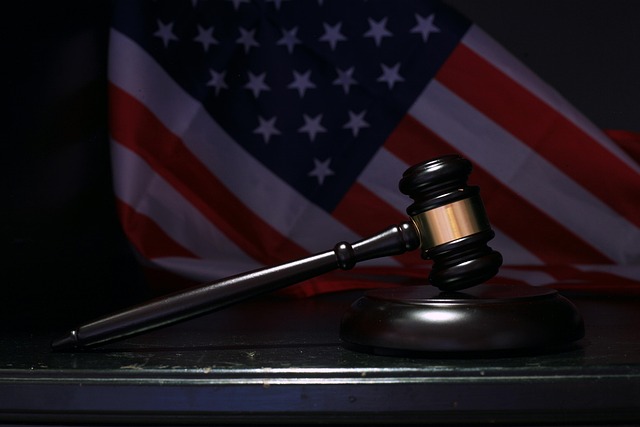Building a Defense Against False Accusations: Securities class actions require robust strategies to combat baseless allegations. This involves reviewing evidence, crafting compelling narratives, challenging admissibility, engaging with regulators, and demonstrating regulatory compliance. Strategic defense includes legal representation, understanding rights, distinguishing legitimate practices, implementing risk mitigation, and transparent communication to protect reputation and financial stability.
Securities class actions are complex legal battles where investors collectively sue companies for alleged violations. This article delves into the intricacies of these cases, offering insights from a legal perspective. We explore effective strategies for building a defense against false accusations, emphasizing the rights and responsibilities of defendants throughout the process. By understanding key aspects like standing, merit, and procedural rules, businesses can navigate these challenges more effectively, ensuring fair outcomes while protecting their interests.
- Understanding Securities Class Actions: A Legal Perspective
- Strategies for Defending Against False Accusations
- Navigating the Process: Rights and Responsibilities of Defendants
Understanding Securities Class Actions: A Legal Perspective
Securities class actions are a legal mechanism through which investors can band together to hold companies accountable for fraud or misconduct involving securities. From a legal perspective, understanding these actions is crucial in building a defense against false accusations. These lawsuits often emerge from alleged violations of federal and state laws governing securities transactions, such as the Securities Exchange Act.
Winning challenging defense verdicts in these cases requires a strategic approach. Law firms specializing in securities litigation can navigate the complex regulations and precedents to craft robust defenses. Whether through settlement negotiations or jury trials, the goal is to protect the company’s reputation and financial interests. Moreover, focusing on avoiding indictment by demonstrating compliance with regulatory requirements and honest conduct can be a key strategy in securing favorable outcomes.
Strategies for Defending Against False Accusations
When faced with false accusations in securities class actions, building a robust defense is paramount. The first step involves a meticulous review of all available evidence to identify any discrepancies or lack of substantiation for the allegations. This includes examining financial records, internal communications, and witness statements to gather facts that counter the accusations. Legal strategies should focus on presenting a compelling narrative that showcases the company’s adherence to legal standards and regulatory requirements.
A comprehensive defense strategy should encompass multiple tactics. One approach is to challenge the admissibility of certain evidence, highlighting any procedural irregularities or potential sources of bias. Additionally, proactively engaging with regulators and providing transparent updates can help demonstrate good faith efforts. Across the country, successful defenses have often involved a combination of these tactics, aiming for a complete dismissal of all charges at all stages of the investigative and enforcement process.
Navigating the Process: Rights and Responsibilities of Defendants
Navigating the securities class action process involves a complex interplay of rights and responsibilities for defendants. When faced with false accusations, building a robust defense is paramount to protecting the company’s reputation and financial interests. This strategy requires a deep understanding of the legal framework governing such cases and proactive measures to address potential breaches. Defendants have the right to legal representation, ensuring they can present their case effectively while adhering to court-set deadlines.
A key aspect of defending against securities class actions is distinguishing legitimate business decisions from white-collar and economic crimes. By employing a general criminal defense strategy, companies can aim to avoid indictment and mitigate potential penalties. Proactive risk management, internal investigations, and transparent communication with stakeholders can significantly strengthen the defense. Additionally, demonstrating due diligence in financial reporting and compliance procedures can help defendants bolster their position and reduce the likelihood of costly settlements or lawsuits.
Securities class actions present significant challenges, but understanding the legal framework and employing effective strategies can help defendants navigate this process successfully. By recognizing the importance of building a robust defense against false accusations, companies can protect their reputation and financial interests. Awareness of one’s rights and responsibilities is key to managing these complex cases effectively. Through proactive measures and a deep dive into relevant legal perspectives, defendants can ensure they are well-prepared to face these allegations head-on.






